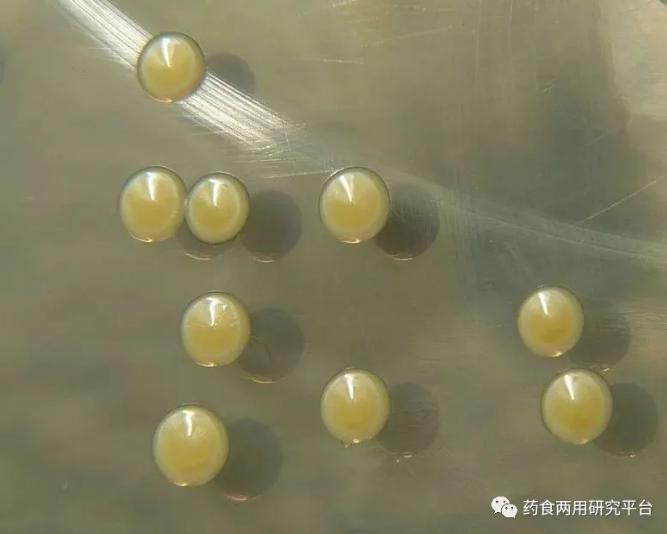Authors: Yingying Zhao, Dandan Xia, Panpan Ma, Xiaofeng Gao, Wenyi Kang, Jinfeng Wei
Journal: Food Science and Human Wellness
March 2020, Volume 9, Issue 1, Pages 40-44.
https://doi.org/10.1016/j.fshw.2019.12.004
中文简介:http://syj.henu.edu.cn/info/1061/1085.htm
Human health is threatened by foodborne illness and Staphylococcus aureus is a common foodborne pathogenic bacteria. It can cause food poisoning when we are infected, therefore, it is necessary to detect pathogenic bacteria. The virulence genes and detection methods of S. aureus are summarized from literatures. Traditional detection methods are simple but need bacteria enrichment and to prolong detection time. Immunological technology has high specificity, but false positive results are easy to occur in its detection. In recent years, molecular biology methods have developed rapidly, and various PCR techniques have been applied to detect foodborne pathogens. Real-time fluorescent quantitative PCR is more effective than ordinary PCR, while price is expensive when use it, the scope of use is limited. LAMP is a flexible detection method, biosensor and flow cytometry are fast but the cost of detection is high and the price is relatively expensive.



